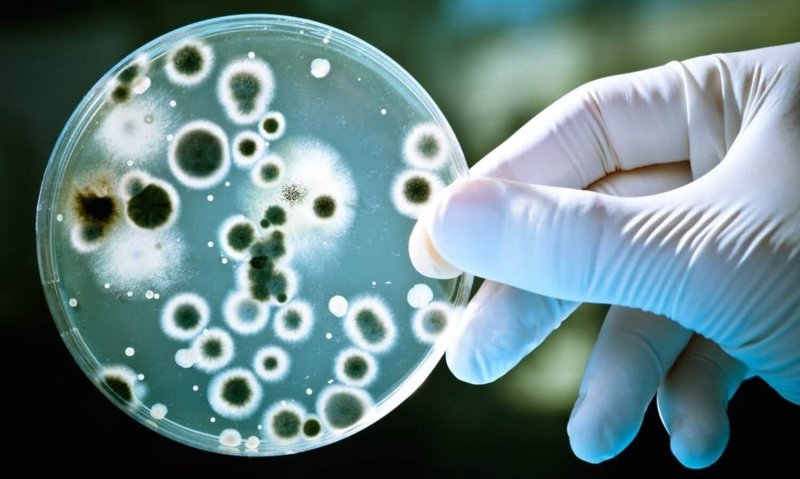The GLP aggregated and excerpted this blog/article to reflect the diversity of news, opinion and analysis.
Scientists at Harvard say they have created a new platform for antibiotic discovery that may help solve the crisis of antibiotic resistance. In a study published in Nature, Andrew G. Myers, Ph.D., and colleagues describe “a platform where we assemble eight (chemical) building blocks by a simple process to make macrolide antibiotics” without using erythromycin, the original macrolide antibiotic, and the drug upon which all others in the class have been based since the early 1950s.
“For 60 years chemists have been very, very creative, finding clever ways to ‘decorate’ this molecule, making changes around its periphery to produce antibiotics that are safer, more effective, and overcome the resistance bacteria have developed,” says Dr. Myers, Professor of Chemistry and Chemical Biology at Harvard.
In contrast, the process described in the Nature study involves using “eight industrial chemicals, or substances derived from them,” according to Dr. Myers, and manipulating them in various combinations… This allows us to make new “new compounds in fewer steps than was previously possible.”
Read full, original post: Harvard Team Takes Major Step toward Overcoming Antibiotic Resistance































